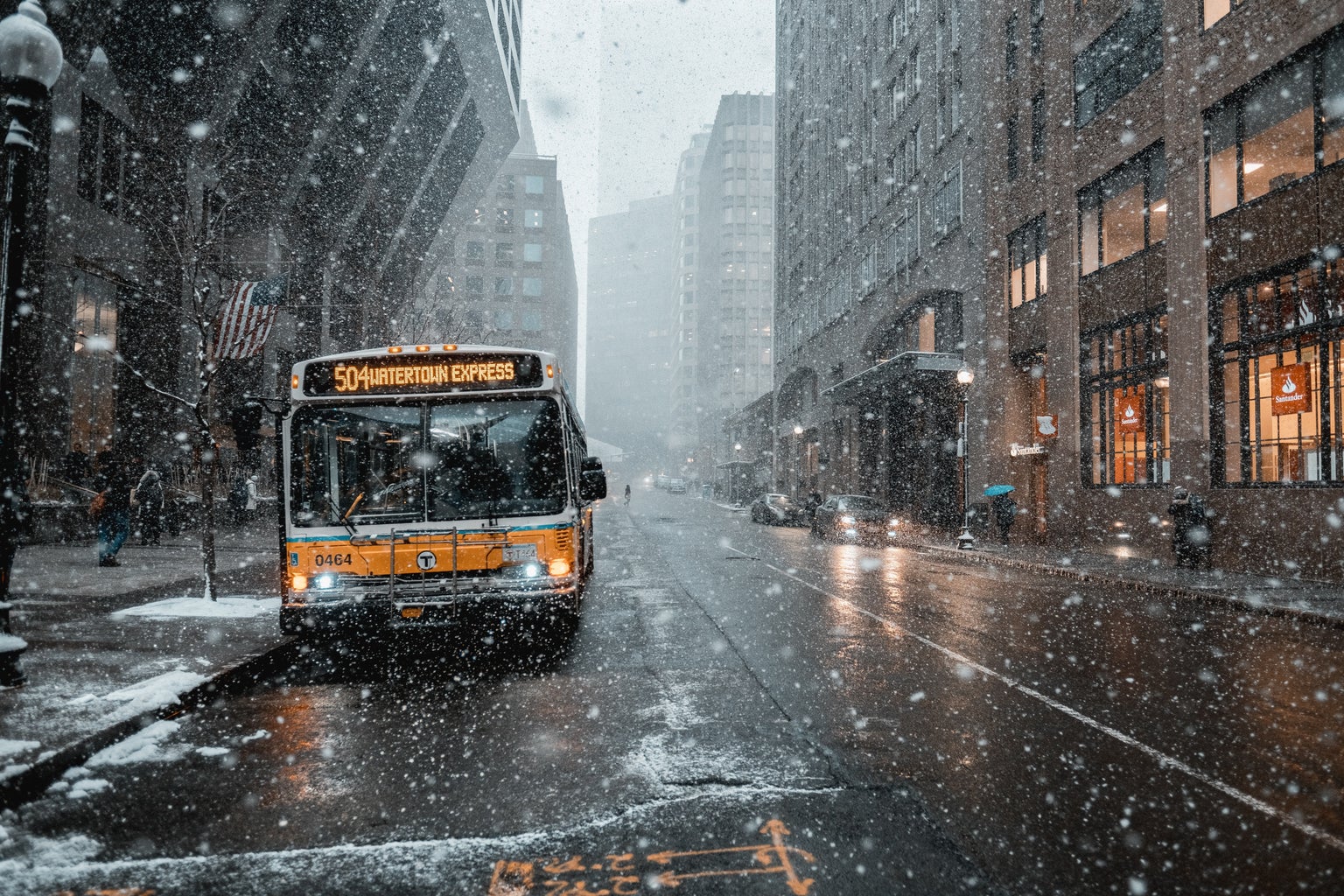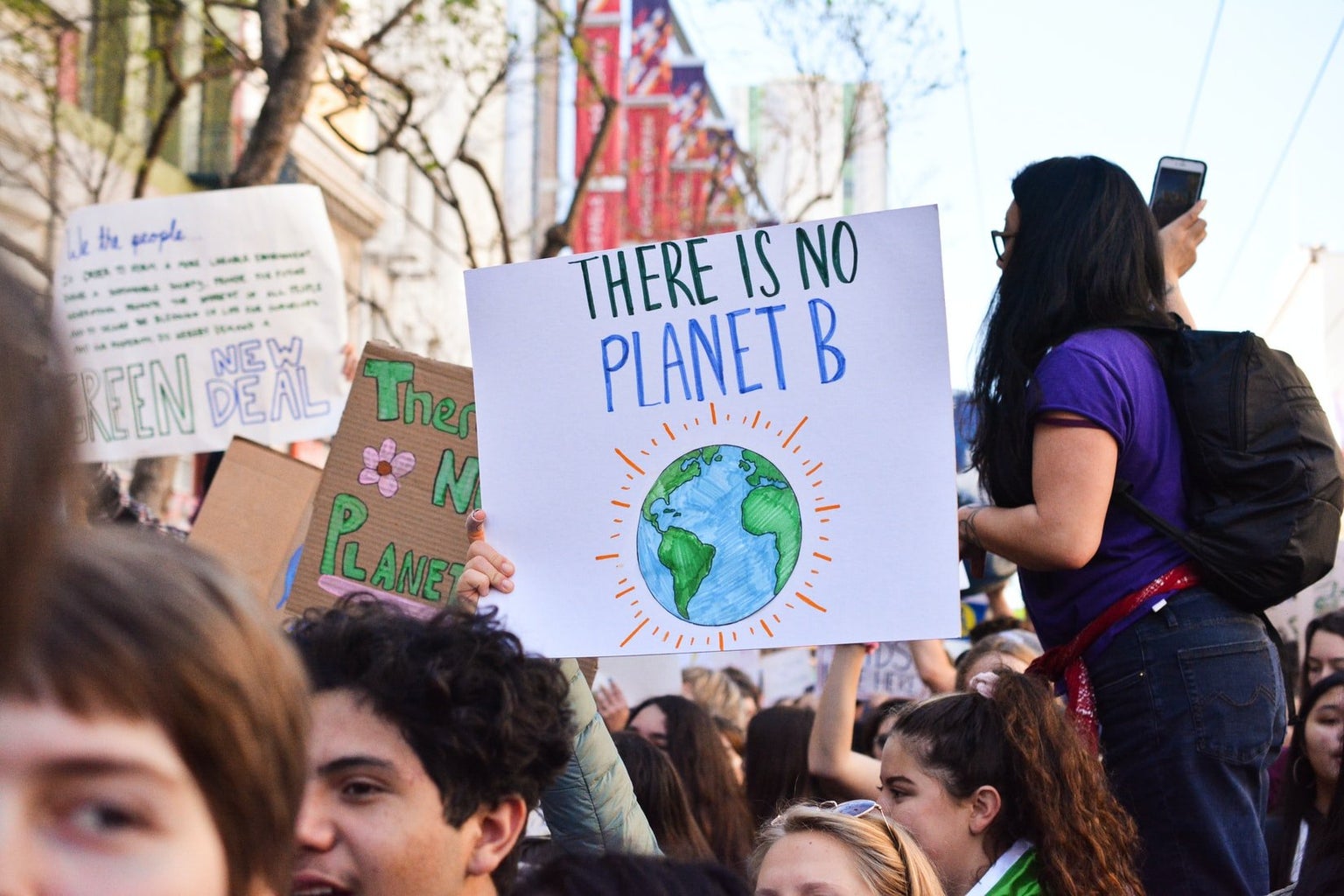I woke up a few days ago to the sun shining through my blinds, the unexpected heat making me sweat under my blankets. Groundhog Day had just passed, & Punxsutawney Phil, not seeing his shadow, finally made sense. Call me delusional, but that groundhog has years of experience, so putting my trust in him can’t be completely crazy, right? I grabbed my phone and checked the forecast, audibly gasping when I saw the high of 61 degrees on my screen. It was already almost 50 degrees, & I hadn’t even left my dorm yet. The entire day, I couldn’t help but notice my energy levels rising & my motivation increasing. I am definitely somebody who deals with a fair amount of seasonal depression. This year has especially been hard for me, as my dorm is a 15-minute walk from central campus, & the consistency of the Oxford buses has been less than ideal. As a freshman full of excitement during orientation this past July, I never pictured myself slipping on the icy sidewalk & falling just in time to cut my finger trying to catch myself.
As I watched a guy wearing shorts skateboard through the Diag, I began to wonder if celebrating something so unnatural was right. Feelings of spring undoubtedly lift our spirits, but should we really be celebrating the seasonal temperature rises in a world where climate change will soon become irreversible? According to Climate.gov, Earth’s temperature has risen by an average of 0.11 degrees Fahrenheit per decade since 1850, or about 2 degrees Fahrenheit in total. Before I graduate in 2027, we may have already crossed the global warming threshold. I’m sure a lot of your parents have abruptly put an end to your complaining about the cold by insisting that winter weather was far more severe when they were kids (don’t even get me started on my dad’s stories about his treks to school in “arctic tundras”). Maybe they just express their sadness after receiving the third green Christmas in a row. Their claims hold true to an extent, as winters have certainly become shorter over the past 50 years.
Usually, when we think about unusual weather conditions caused by climate change, hurricanes, tornados, tropical storms, & wildfires come to mind first. Surprisingly, winter storms and frigid temperatures are also caused by climate change, giving reason as to why our recent winters have been anything but consistent. According to National Geographic, scientists have recently found a link between warmer Arctic temperatures & colder North American winters. The Arctic is warming four times faster than the rest of the planet, weakening the polar jet stream (the band of air circling the Arctic that usually keeps Arctic air in northern regions) allowing this cold air to easily dip into the South. Extreme weather is only going to get worse with increasing Arctic amplification, & as a result, the US can expect to experience storms during every season in the coming years.
With everything considered, the upcoming weather report in Ann Arbor seems a little depressing even though I will finally be able to leave my dorm without my puffer coat & Carhartt beanie. I am so excited to finally be able to walk outside without the cold wind hurting my face, but, unfortunately, the reason behind the sudden warmth in the Midwest has to do with the degradation of our home. There is no planet B, and I just wish the generations that came before us considered that a bit more.




